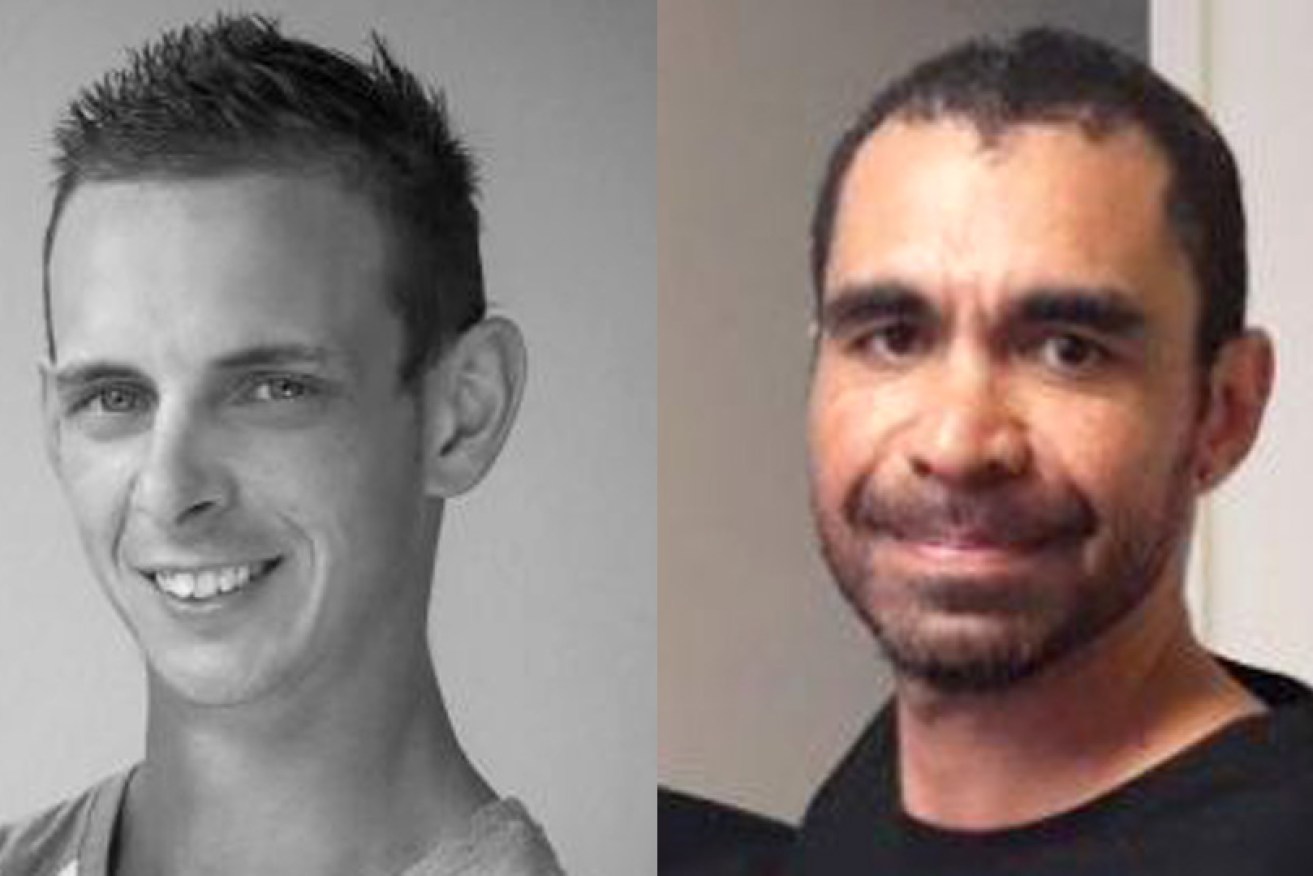Indigenous men launch High Court battle against deportation

Brendan Thoms and Daniel Love. Photos: ABC
Two men with Indigenous heritage, but who were both born overseas, could be deported after they failed a migration character test, depending on the outcome of a High Court case beginning on Wednesday.
The two cases, relating to Brendan Thoms, 30, and Daniel Love, 39, who are represented by the same legal firm, grapple with the same issue.
That is, should Indigenous Australians be subject to constitutional law that states people born overseas can be deported if they fail the test, or should they be exempt?
‘We just want to get on with our lives’
Mr Thoms was born in New Zealand to an Aboriginal mother and has lived in Australia since he was an infant, although he does not have Australian citizenship.
He is even a native title holder, as a member of the Gunggari people.
But after being sentenced to more than a year in jail, he was taken into immigration detention, having failed the character test outlined in migration laws.
His mother Jenny Thoms, who lives in Brisbane and is Indigenous, said it had been a harrowing ordeal in the past eight months.
“I don’t really think they looked into his family history to find out those facts before they put him in detention, so I don’t really think it’s fair that he’s still in detention,” Mrs Thoms said.
“They obviously just decided that he was a New Zealander so we’re going to put him in detention – they didn’t look at my family history – my side’s history.”

Brendan Thoms, with his mother Jenny. Photo: ABC
She said she had endured a nervous wait.
“Every day you kind of think ‘maybe he’ll get out today’ and there were a couple of times where I was getting my hopes up, so I’ve stopped doing that,” she said.
“We just want to get on with our lives and so does Brendan.”
The other man in the case, Mr Love, was born in Papua New Guinea to an Aboriginal father, and moved to Australia when he was five.
He is recognised as a member of the Kamilaroi people, but does not have Australian citizenship.
He found himself in immigration detention after serving a jail sentence of more that 12 months.
The decision to cancel his visa was then revoked and he was released.
Citizenship has no bearing: lawyers
Lawyers for the pair will tell the High Court that Aboriginal people cannot be “alien” to Australia.
“Aboriginal Australians are a permanent part of the Australian community,” they wrote in a submission to the court.
“Some estimates of how long the Aboriginal people inhabited Australia prior to European settlement place the interval at 50,000 years.”
The submissions also state that at Federation, Aboriginal people were not considered “aliens” under the constitution.
Lawyers for the men will tell the High Court they have a special connection to Australia, and a right to remain here, regardless of citizenship or a current visa.
But the Commonwealth will tell the court any person who is not a citizen is an “alien” under the law, and that Mr Thoms and Mr Love owe their allegiance to the countries they were born in.
Lawyers in the case are also seeking compensation for the pair.








